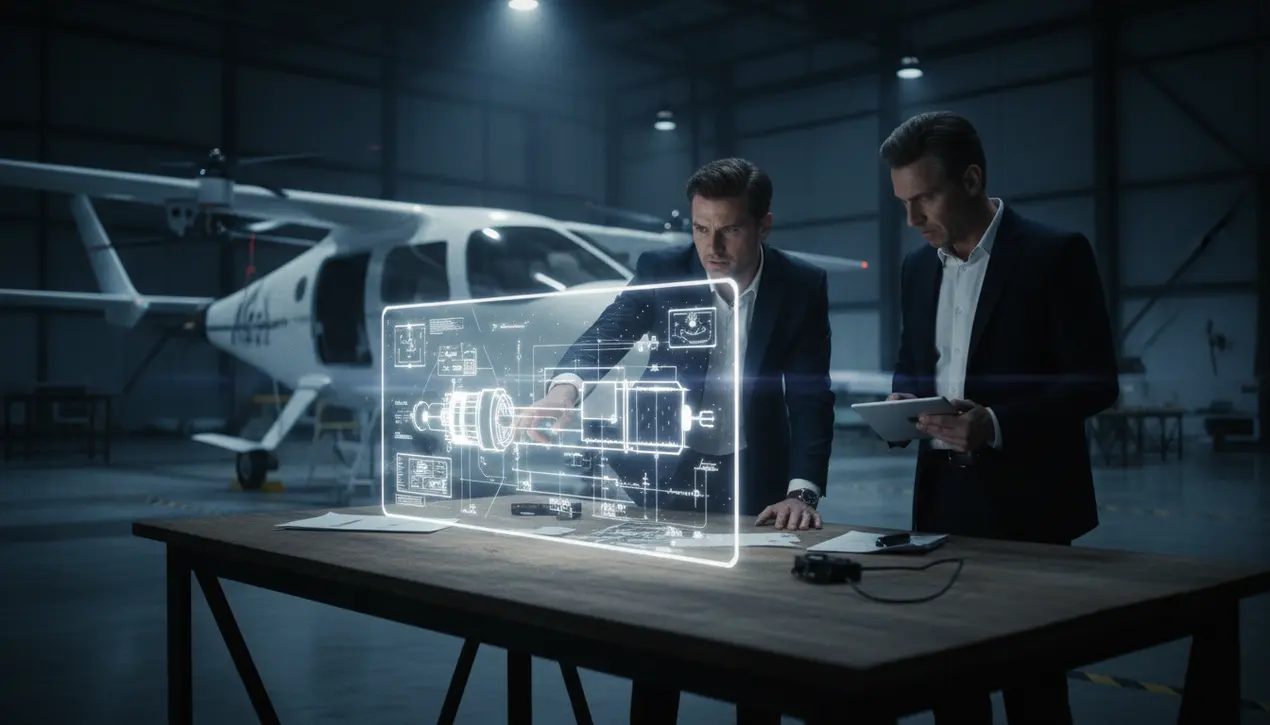
Otherauto & mobility
Joby Sues Archer Over Alleged Theft of Trade Secrets.
OL
Oliver Scott
2 days ago7 min read7 comments
The high-stakes world of electric vertical takeoff and landing aircraft, a sector buzzing with billions in investment and the promise to redefine urban mobility, has been jolted by a legal tremor with the potential to become a full-scale earthquake. Joby Aviation, a pioneer that has been meticulously developing its eVTOL technology for over a decade, has filed a lawsuit against its ambitious rival, Archer Aviation, alleging a brazen theft of trade secrets.This is not merely a corporate squabble; it’s a strategic strike in a winner-take-all race for the skies, echoing the kind of high-tech industrial espionage dramas that have plagued sectors from semiconductors to social media. The core of Joby’s complaint hinges on a single individual: a former senior electromagnetic engineer who, during his tenure at Joby, had deep and proprietary access to the company’s most sensitive technical data concerning motor design and certification strategies.According to the filed documents, this engineer was allegedly in secret negotiations with Archer while still employed at Joby, and upon his defection, he is accused of transferring a trove of critical information, giving Archer an illicit and potentially decisive shortcut in a race where time-to-certification is everything. The parallels to historical corporate wars are stark.One need only recall the legal battle between Waymo and Uber over self-driving car technology, where a similar alleged data transfer led to a settlement that cost Uber hundreds of millions and significant reputational damage. In the eVTOL arena, the stakes are arguably higher.The technology is nascent, the regulatory path with the Federal Aviation Administration is complex and uncharted, and first-mover advantage could establish a de facto standard for the entire industry. For Joby, which has pursued a vertically integrated strategy, building much of its technology in-house, the alleged misappropriation strikes at the heart of its multi-year, capital-intensive R&D effort.For Archer, which has pursued aggressive partnerships with major players like Stellantis, the allegations threaten to derail its momentum and spook investors who are already navigating the high risks of advanced air mobility. The lawsuit will likely turn on forensic digital evidence—the electronic breadcrumbs of data access and transfer—and the legal definition of a trade secret versus general engineering knowledge.The outcome will not only determine potential financial damages but could also trigger a review by the FAA, which takes a dim view of intellectual property disputes that could compromise the integrity of the certification process. A protracted legal battle could slow down the entire sector's progress, as regulators impose more stringent oversight and investors grow wary of the legal overhang. This case serves as a critical stress test for the emerging eVTOL ecosystem, revealing that beneath the glossy prototypes and futuristic promises lies a brutal, ground-level fight for intellectual property that will ultimately determine which companies get to fly, and which are left grounded.
#Joby Aviation
#Archer Aviation
#corporate espionage
#lawsuit
#trade secrets
#electric aircraft
#featured
Stay Informed. Act Smarter.
Get weekly highlights, major headlines, and expert insights — then put your knowledge to work in our live prediction markets.
Comments
Loading comments...
© 2025 Outpoll Service LTD. All rights reserved.